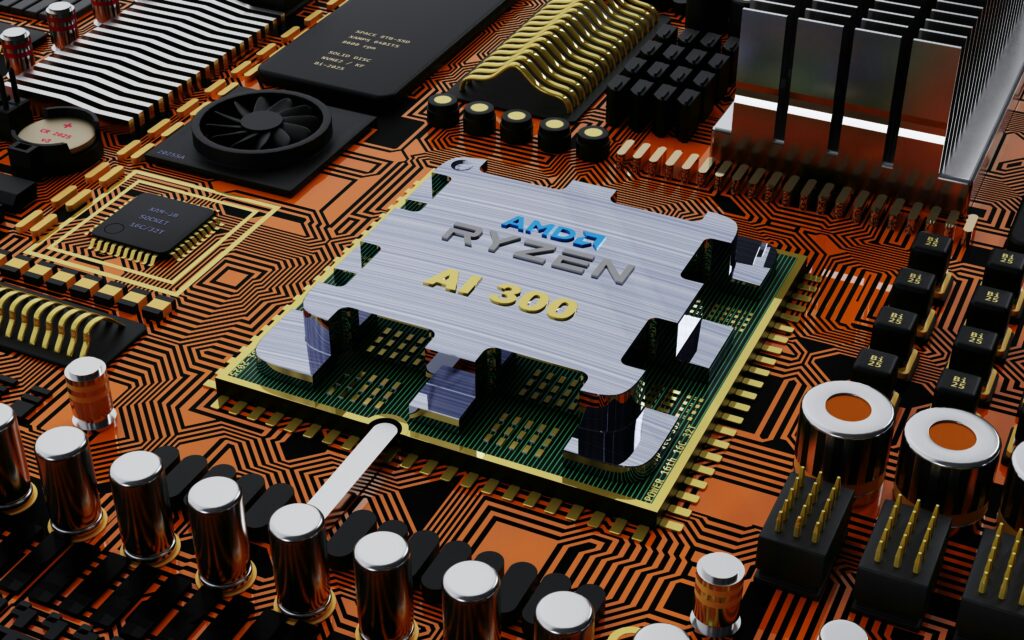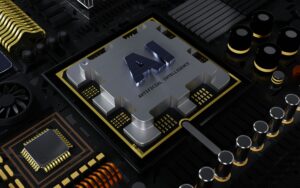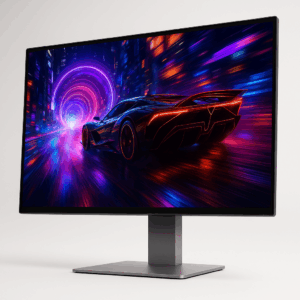How Quantum Computing Could Revolutionize the PC Industry

A comprehensive analysis of how quantum computing is poised to transform the PC industry, from enhancing processing power and data security to creating new possibilities for AI and big data analysis.
2.1 Understanding Quantum Computing: The Basics
Quantum computing operates on principles fundamentally different from classical computing, using qubits that can represent multiple states simultaneously, thanks to quantum phenomena like superposition and entanglement. This allows quantum computers to process complex calculations at speeds exponentially faster than traditional PCs.
2.2 Impact of Quantum Computing on Traditional PCs
- Unprecedented Processing Power: Quantum computing has the potential to revolutionize PC performance by handling complex simulations, financial modeling, and AI training much faster than current capabilities. While consumer PCs with quantum capabilities are still in development, the integration of quantum accelerators into traditional PCs could be a reality within the next decade.
- Enhanced AI Capabilities: The integration of quantum computing could enable PCs to perform real-time AI processing, revolutionizing sectors like healthcare, finance, and cybersecurity. For example, quantum-powered PCs could handle large-scale data analysis for medical research, speeding up drug discovery and genetic research.
2.3 Quantum Computing in the Real World
- IBM’s Quantum Roadmap: IBM is at the forefront of quantum computing, with its Quantum System One offering cloud-based quantum computing services. Through the IBM Quantum Network, developers and researchers can access quantum resources, accelerating advancements in industries ranging from finance to automotive engineering.
- Intel’s Quantum Research: Intel is actively developing quantum processors, such as the “Horse Ridge” cryogenic control chip, which aims to make quantum computing more practical and scalable. This chip can operate at ultra-low temperatures, which is essential for stable quantum operations.
2.4 Challenges and Opportunities
- Overcoming Quantum Decoherence: One of the main challenges in quantum computing is maintaining qubit stability, known as quantum decoherence. Researchers are developing error-correcting codes to extend the life of qubits, which will be crucial for integrating quantum technology into PCs.
- Quantum Security and Cryptography: The advent of quantum computing threatens current encryption methods, as quantum computers could potentially crack complex codes. However, quantum-resistant encryption algorithms are being developed, which could lead to a new era of ultra-secure PCs.
2.5 Future Outlook: Quantum PCs in Everyday Use
While widespread use of quantum PCs may still be years away, the hybrid integration of quantum accelerators with classical PCs could become a reality by 2035. This would lead to unprecedented advancements in fields such as AI, big data, and cybersecurity, ultimately transforming how we use computers.




